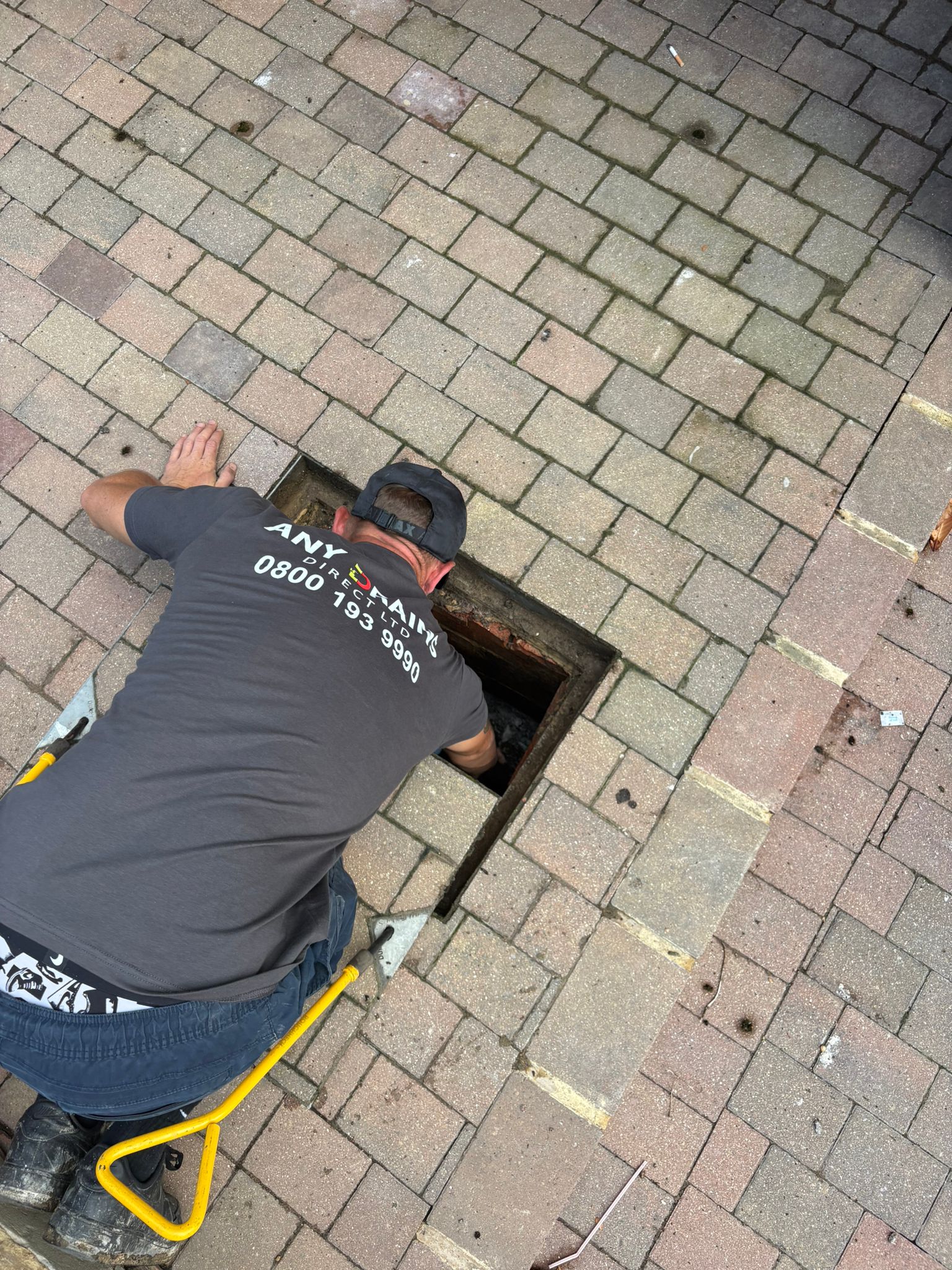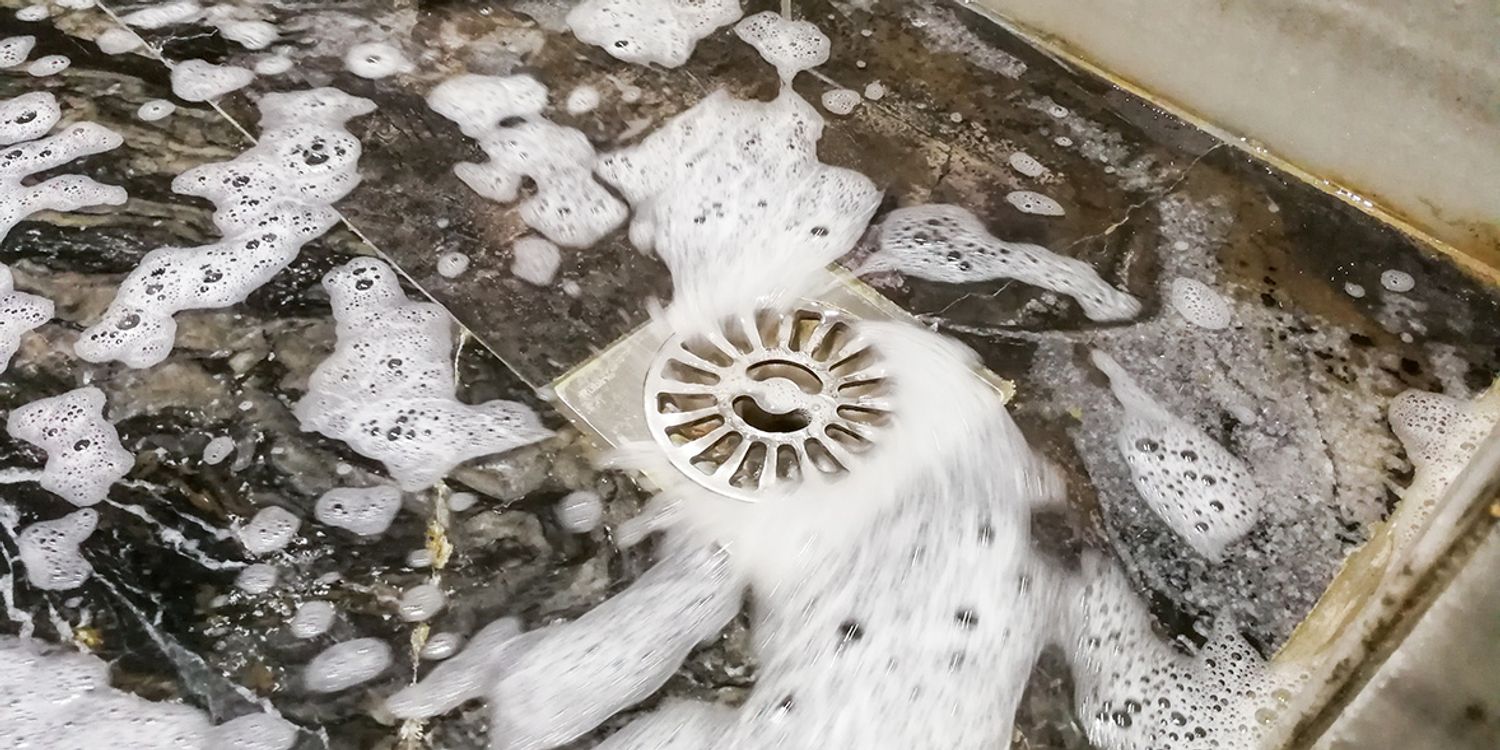Techniques for Unclogging a Blocked Drain Before Reaching out to Professional Help
Techniques for Unclogging a Blocked Drain Before Reaching out to Professional Help
Blog Article
Were you trying to find content concerning What I learned from trying to deal with a clogged drain?

Intro
Dealing with a blocked drain can be a discouraging experience, interfering with daily activities and potentially triggering damages to your residential or commercial property. Nevertheless, before reaching out to plumbing experts, there are actions you can take to attend to the problem on your own. In this guide, we'll check out DIY options and preventive measures to deal with an obstructed drain successfully.
Determining the Issue
The initial step in attending to an obstructed drain is recognizing the indications. Slow water drainage, gurgling sounds, foul odors rising from drains, or water backing up are common indications of a blocked drain. Recognizing these signs early can assist prevent even more complications.
Selecting the Right Plumbing Solution
When selecting a pipes solution, consider factors such as experience, licensing, and customer testimonials. Select a credible plumbing technician with a record of top quality handiwork and transparent rates practices.
Expense Considerations
The cost of specialist drainpipe cleaning services can vary depending upon the seriousness of the clog and the plumbing professional's rates. Request quotes from numerous suppliers and inquire about any type of additional charges to make certain openness and avoid surprises.
Security Precautions
When attempting DIY drain cleansing, focus on safety and security. Put on safety handwear covers and eyewear to avoid contact with unsafe chemicals or germs. Never ever blend different drainpipe cleaning products, as this can generate unsafe fumes.
Instance Studies
Real-life instances highlight the efficiency of do it yourself remedies and the importance of timely professional intervention in fixing drainpipe obstructions.
Usual Root Causes Of Blocked Drains
Comprehending the elements that contribute to drain pipes clogs is necessary for effective resolution. Common culprits include hair, soap residue, grease, food particles, and international objects like hygienic products or paper towels. Tree roots getting into below ground pipelines can likewise trigger substantial clogs.
Do it yourself Solutions
For small obstructions, several do it yourself remedies can be reliable. Pouring boiling thin down the drain can help liquify grease and particles. Baking soda and vinegar or a mixture of salt and cooking soda can work as natural cleansers. Using a plunger or pipes serpent to dislodge obstructions is another choice.
Tools and Tools
Having the right devices available can make do it yourself drainpipe cleaning a lot more reliable. A bettor is a functional device for clearing blockages in sinks, bathrooms, and showers. A plumbing snake or auger can reach deeper clogs, while drain cleaning chemicals can be utilized cautiously for persistent blockages.
Preventive Measures
To avoid future clogs, taking on safety nets is essential. Install drainpipe guards or strainers to catch hair and debris prior to they go into the pipes. Regularly flush drains with hot water to liquify grease accumulation, and avoid taking care of grease or solid waste away.
When to Call a Specialist
While DIY remedies can solve small blockages, specific indicators show the need for specialist support. Persistent obstructions, foul odors despite cleaning efforts, or several drains pipes backing up concurrently are red flags that call for experienced treatment.
Conclusion
By following the tips described in this guide, you can properly take on obstructed drains pipes and protect against future pipes issues. Whether opting for do it yourself options or seeking professional aid, timely activity is crucial to keeping a healthy and balanced plumbing system and maintaining the honesty of your home.
How to Clear a Clogged Drain Yourself (And When to Call In the Professionals)
What Can Clog a Drain
Dirt Skin flakes Hair Grease Soap scum Food Offset pipes Tree roots Small objects Mineral buildup DIY Tricks to Unclog a Drain
You can fix this! Once you have identified the source of the clog (or have a vague idea), you can try one or a combination of these fixes in order to clear your plumbing.
Wire Hanger or Snake
Untangle and clear out hair from a drainpipe with a homemade snake. Use a straightened-out wire hanger with a 90-degree angle hook to locate the clog and drag out any unwanted material.
Remember not to push the clog further down to where the wire hanger cannot reach! If you need to follow up with a plunger, give it a try. Your efforts might be more successful after it’s been wire-snaked.
If you want to get fancy and don’t have a wire hanger to spare, head to the store and pick up a hand-operated drain snake. You can get one for $10-$30. It may save you the hassle, and provide additional length to reach deep into the clogged pipe.
Plunger
A cup plunger has a suction cup attached to a wooden handle. The rubber creates a seal around the drain, and increases the pressure force of the plunger.
Plunge for 30-second increments to loosen the clog. This may need to be repeated over the course of 15-20 minutes. Once plunged, run the water to flush the remaining material out of the drain.
Remember– never use a plunger if you have used a chemical drain cleaner. These chemicals can splash up from the force of the plunger and cause serious injury or burns.
Boiling Water
Hot water can sometimes break up materials into a flushable amount. Dirt, grease, and soap buildup requires heat in order to unstick from surfaces.
Take your kitchen kettle and heat your water to a boil. Once it reaches a rolling boil, pour it directly down the drain into the blockage. Carefully follow with plunging, if necessary.
Don’t worry if this takes more than one try! It can often take multiple kettles and repeated plunging in order to clear a particularly stubborn clog.
Chemical Drain Cleaner
As a last resort, pick up a bottle of chemical drain cleaner. Drain-cleaning chemicals are potent, and not very good for the environment.
You may need to wear protective eyewear in gloves before handling your bottle of chemical drain cleaner. Follow the instructions printed on the bottle, and flush with water as soon as the instructions allow. Do not follow with plunging.
Baking Soda and Vinegar
As a safer alternative to chemical drain cleaner, baking soda and vinegar can create a chemical reaction that clears tough clogs.
Combine one cup of cleaning vinegar with one cup of boiling water, and set aside. Once you have done this, pour half a cup of baking soda down the drain. Give the baking thirty seconds to settle and cover a large portion of the problem drain.
Following the baking soda, pour down your vinegar and hot water solution. Once the vinegar and baking soda combine, the mixture will bubble and fix. Let this reaction fizzle in the drain for about an hour.
After an hour, follow with a kettle’s worth of hot water. The heat and liquid should flush out any remaining material.
When to Call a Plumber
If your DIY attempts haven’t cleared your clog drain, it’s time to call in a professional. It’s not worth losing access to your kitchen sink or high-traffic bathroom. A clog in a vital area can keep you from the things you’d rather be doing, and derail your routine.
Anytime a clog is causing water to spread is a time to call in a plumbing service. What starts out as a little bit of water can quickly grow into serious, expensive water damage.
Additionally, a serious clog can result in burst pipes or serious leaks. Make sure you know when to take it seriously!
https://myguysnow.com/how-to-clear-a-clogged-drain-yourself-and-when-to-call-in-the-professionals/

We had been made aware of that editorial about Tips for Dealing with Clogged Drains and Sewer Lines through a friend on a different site. Do you know about another person who is very much interested in the niche? Do not hesitate to promote it. I am grateful for being here. Revisit us soon.
Contact Us Now Report this page